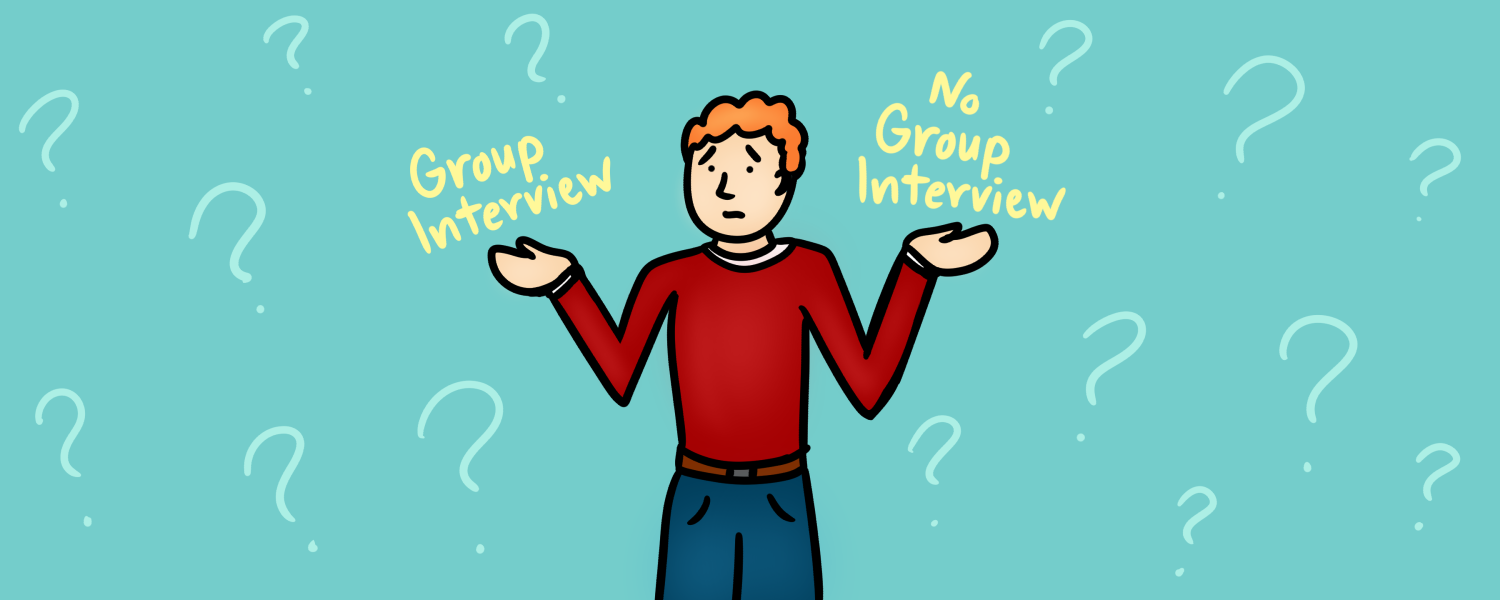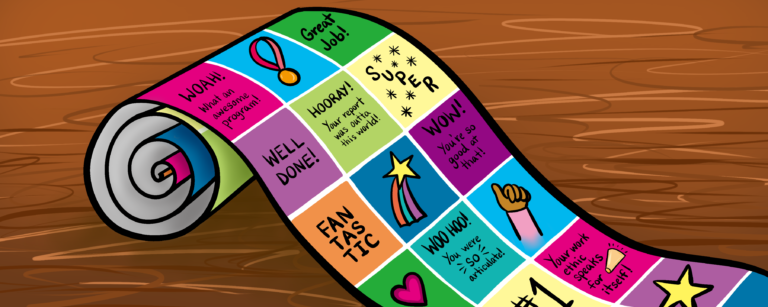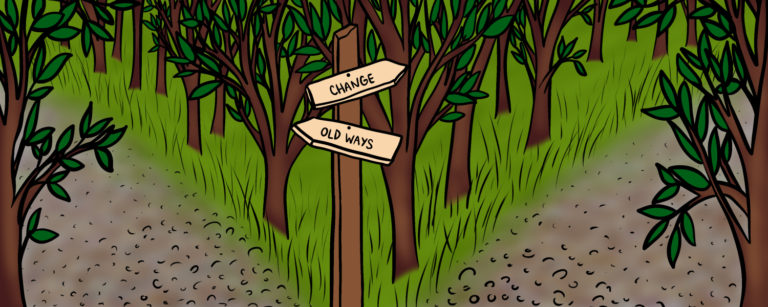Oh, hey! Welcome to the community.
The RA position tends to attract a large number of applicants. It’s visible, it’s respected, and it helps to pay the bills. RAs have a diverse set of responsibilities, and the skills and attributes that are desirable in the position are difficult to assess. Interpersonal skills and the ability to connect with other students is a cornerstone of the position, so the ability to observe candidates with others can be fundamental to determining their fit for the role. Administrators need to interview many students in a short period while still maintaining their daily duties and responsibilities. For these reasons and many others, Residence Life departments across North America choose to use a group interview process to assess their applicant pool.
Why choose a group interview process?
Before working at eRezLife, I was the Associate Director, Residence Life (ADRL) at the University of British Columbia (UBC). We used a group interview process for new applicants because it was believed there was no other choice. We needed to move a large number of candidates through the process, and our interviewer availability was a limiting factor. We saw the need to observe the candidate for more than 20 minutes and the group activities gave us insight into a candidate’s interpersonal skills, work ethic, and understanding of the role.
Over my ten year tenure, I saw the selection process drop the second formal interview and one of the evaluated activity stations. The group activities changed yearly, due to the thought that a new activity could better assess the traits and attributes we were looking for in candidates. The Residence Life Managers consistently valued interview scores above all else. It begged the question, “why bother with the group activities?” Why not extend the interview component or have candidates sit in short interviews with professional staff members? After lengthy deliberation, it was the idea that group activities helped the candidates ease into and feel more comfortable in the process before the formal interview that ultimately sold us on keeping the group interview process.
Sources of Anxiety:
I sat down with a group of students who work in Residence Life at UBC. They were asked to reflect on their experiences in their first Residence Life interview. The students reported that the group activities were actually the largest source of anxiety in preparing for the RA interview. While the formal interview component was “slightly more intimidating,” the students felt like they could develop and practice their responses for this part. The group activities caused anxiety due to the lack of awareness and transparency. Students were nervous about not knowing what to expect, how to speak in activities (not appearing overbearing or being underrepresented), how to adequately express their knowledge of the RA job in a group, and the comparison to others in a group setting.
While most students reported being confident in their ability to connect with their peers, they were nervous about being evaluated while trying to have genuine conversations. They worried about finding speaking space without appearing overbearing and about finding commonality with group members while attempting to stand out. Surprisingly, a lack of familiarity with the process was the hardest part of the interview. While an individual interview is familiar, the carousel process seemed foreign, unknown, and as such, made it difficult to prepare. Other worries included not knowing what to wear, being too confident and not preparing appropriately, and feeling ill-prepared at the interview station.
Reflection
If asked at the start of the formal interview, candidates often told us that they really enjoyed the activities and reported they were fun. Evidently, the applicants gave an answer they thought I wanted to hear. I don’t believe that UBC is unique in their approach to a group interview process and the belief that it’s the best way to both assess and efficiency move candidates through a selection process.
It’s important to take a step back and consider who is best served by your interview process. Ask yourself:
- Why do you use this method of interviewing? What other options do you have?
- Are you reaching your evaluation targets and able to assess the skills and attributes that you set out to assess?
- Are there any steps that seem redundant or that you don’t weight very highly?
- How do your applicants experience your process? At what points do they experience anxiety?
- How can you better prepare and educate applicants?
The group interview process serves a function and helps us see candidates in different scenarios and interacting with different kinds of people. To maximize efficiencies, take a look at processes to ensure you are using the information that is gathered. To help reduce anxiety for applicants, share information about the group interview process and what to expect. For reference take a look at another of our blog posts where we provide simple, usable guidance that you can pass along to your applicants to help them prepare for the group interview process.
Thanks for being part of our community. We’re glad you’re here.






